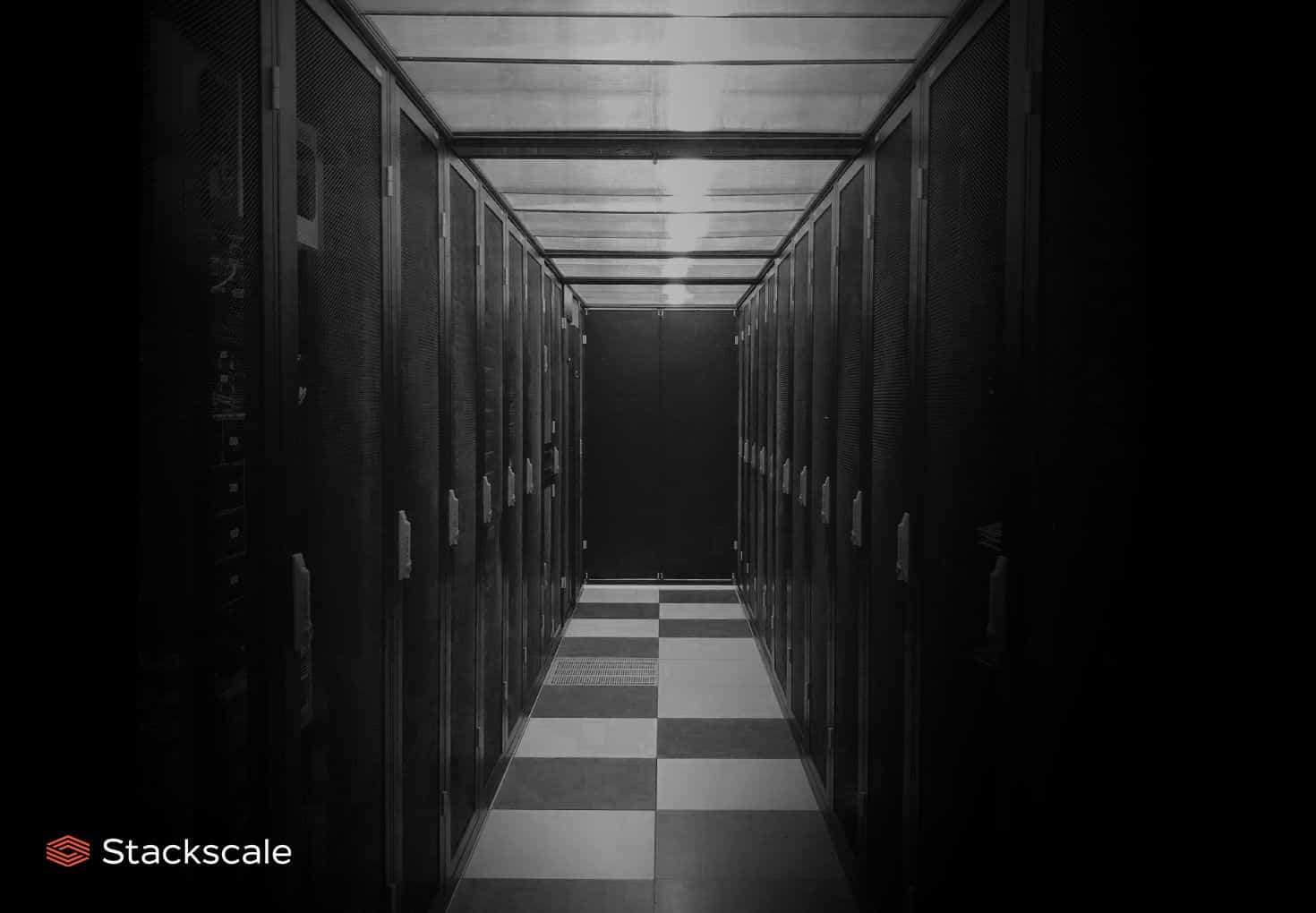Digital transformation has raised the operational standards of businesses in Europe, but it has also exposed their technological infrastructures to an unprecedented number of cyber threats. In 2023, an average of 1,557 cyberattacks per week per company was recorded, an increase of 86% from the previous year. In response to this landscape, the European Union has implemented the NIS2 Directive, designed to strengthen cybersecurityCybersecurity solutions are essential in the digital age… in essential organizations and critical services.
Rather than just a regulatory challenge, NIS2 represents an opportunity for companies to evolve and take a proactive stance against the increasing sophistication of cyberattacks.
NIS2: Key Points of the New Regulation
The NIS2 Directive significantly expands the obligations introduced by the original regulation, establishing stricter requirements to ensure proper governance of cybersecurity, effective risk management, and an efficient response to incidents. Among its main provisions are:
- Cyber Risk Management: Assessing and mitigating vulnerabilities in IT and OT (Operational Technology) systems.
- Cyber Hygiene: Implementing robust protocols to protect digital assets.
- Supply Chain Security: Monitoring suppliers and ensuring they meet security standards.
- Incident Reporting: Timely reporting to INCIBE and other relevant authorities about significant incidents.
- Ongoing Training and Education: Ensuring that employees and executives are trained to face emerging threats.
Additionally, NIS2 introduces significant penalties for non-compliance:
- Essential Entities: Up to 10 million euros or 2% of global annual revenue.
- Important Entities: Up to 7 million euros or 1.4% of global annual revenue.
These measures are complemented by personal consequences for C-level executives, who could face restrictions in their roles if their organizations do not comply with the regulation.
Strategic Plan for NIS2 Compliance
Implementing NIS2 may seem complex, but with a structured strategy and a comprehensive approach, companies can turn this challenge into a competitive advantage. Below are best practices for complying with the directive:
- Commitment from Top Management: It is crucial to ensure the support of corporate leaders to prioritize resources and accelerate the implementation of cybersecurity measures.
- Project Management: Assign clear responsibilities, define milestones, and establish key indicators to measure progress.
- Cybersecurity Policies: Create high-level documents defining roles, responsibilities, objectives, and success metrics.
- Risk Management: Use recognized frameworks such as ISA/IEC 62443 to identify, assess, and mitigate risks.
- Supply Chain Security: Regularly monitor supplier procedures and ensure compliance with security policies.
- Audits and Internal Reviews: Conduct periodic audits to identify vulnerabilities and adjust strategies.
- Incident Reporting: Prepare response plans to meet reporting requirements from INCIBE, including early alerts and final reports.
- Continuous Training: Provide regular cybersecurity training for employees and executives, tailored to emerging threats.
- Corrective Actions: Implement sustainable solutions to address non-conformities and prevent future failures.
Benefits of Proactive Compliance
Taking necessary measures to comply with NIS2 not only avoids penalties but also positions companies advantageously against their competitors. Key benefits include:
- Increased Organizational Resilience: Protection against significant disruptions resulting from cyberattacks.
- Strengthened Reputation: Companies with high cybersecurity standards are perceived as more trustworthy by clients and partners.
- Competitive Advantage: Compliance with NIS2 can be a key differentiator in regulated and global sectors.
The Role of Cloud Infrastructures in NIS2 Compliance
Adopting cloud solutions plays a fundamental role in modernizing corporate cybersecurity. Providers like Stackscale (Grupo Aire), experts in private and hybrid cloud infrastructure, offer advanced services that help companies meet the demands of NIS2. Key contributions include:
- Secure and Customized Environments: Infrastructures designed to meet the highest security standards.
- Risk Management: Continuous monitoring and proactive mitigation of vulnerabilities.
- Operational Resilience: Scalable solutions that ensure business continuity in any eventuality.
- Regulatory Compliance: Guidance and tools to ensure organizations meet NIS2 requirements.
Conclusion
The NIS2 Directive sets a new standard for cybersecurity in Europe. Although its implementation represents a challenge, it also presents a unique opportunity for companies to strengthen their technological infrastructure, protect their reputation, and ensure business continuity in an increasingly hostile digital environment.
Having strategic allies like Stackscale can make a difference, providing the necessary infrastructure and support to successfully navigate this new era of regulation and cybersecurity.

